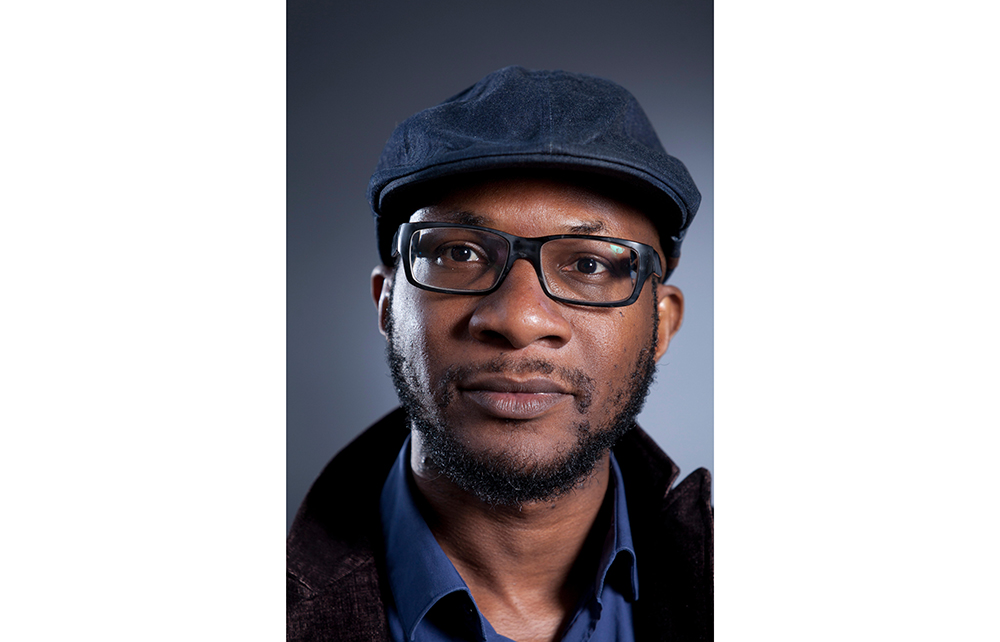Tunde can’t explain why he grows addicted to screen depictions of ‘inexhaustible brutality’
The protagonist of Teju Cole’s latest novel is a composite of his earlier creations, which in their turn are partial self-portraits. An artist roaming around with his camera, Tunde photographs hedges and trinkets, contemplates colour and listens to Malian music. Having left his native Nigeria three decades earlier, aged 17, by 2020 he is settled in New England. Meanwhile, Lagos has become ‘a reality of his life so large and at the same time so intimate, so intense and so various’, a feeling that increases whenever he returns to the city in person or in his imagination.
The narrative moves between the first and third person, now presenting Tunde’s point of view, now sketching out a vignette. A much-missed friend is occasionally evoked: ‘You’d been dead three years and he had never lost anyone that close to him before.’ It takes Tunde several conversations with the man’s son to remember what that friendship meant to him. While making or teaching art, Tunde thinks of the past and its atrocities. He looks back to the times when it went without saying that ‘the Indians surely must be massacred’; he researches the ‘witch hunts that convulsed the Salem colony in 1692 and which… had their beginnings in the false accusation made against Tituba, an enslaved woman’. Not all of these stories are widely known; each deserves a retelling.
A lecture on art, reproduced in the first person, continues the theme of slavery and colonial aggression. Halfway through it, Tunde momentarily goes blind in one eye. Then he recounts the sacking of Benin by British troops in 1897, when thousands of art objects were ‘expropriated… and scattered across the world, ostensibly to pay for the cost of the invasion’, and then ‘violently decontextualised’.







Comments
Join the debate for just £1 a month
Be part of the conversation with other Spectator readers by getting your first three months for £3.
UNLOCK ACCESS Just £1 a monthAlready a subscriber? Log in